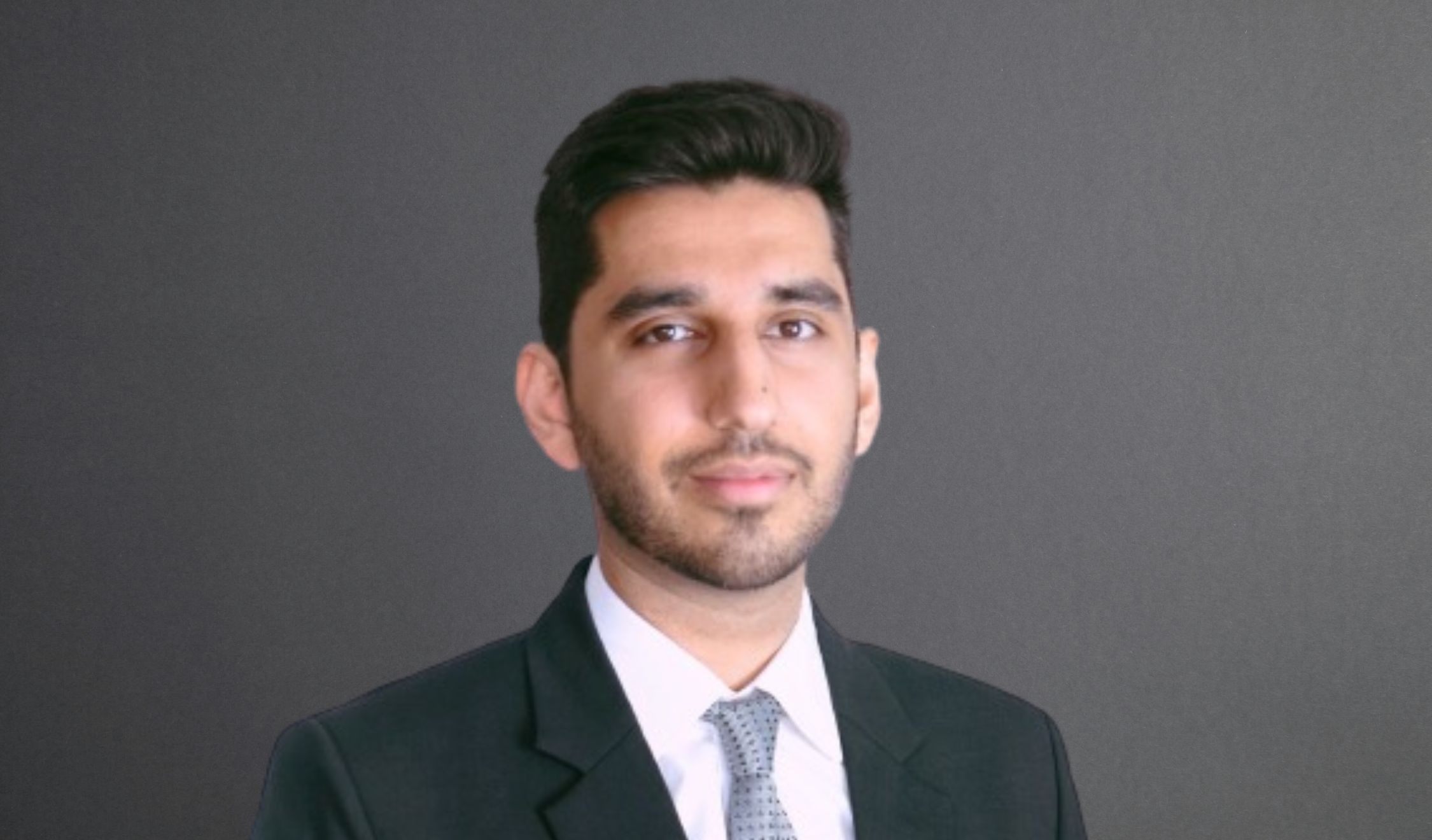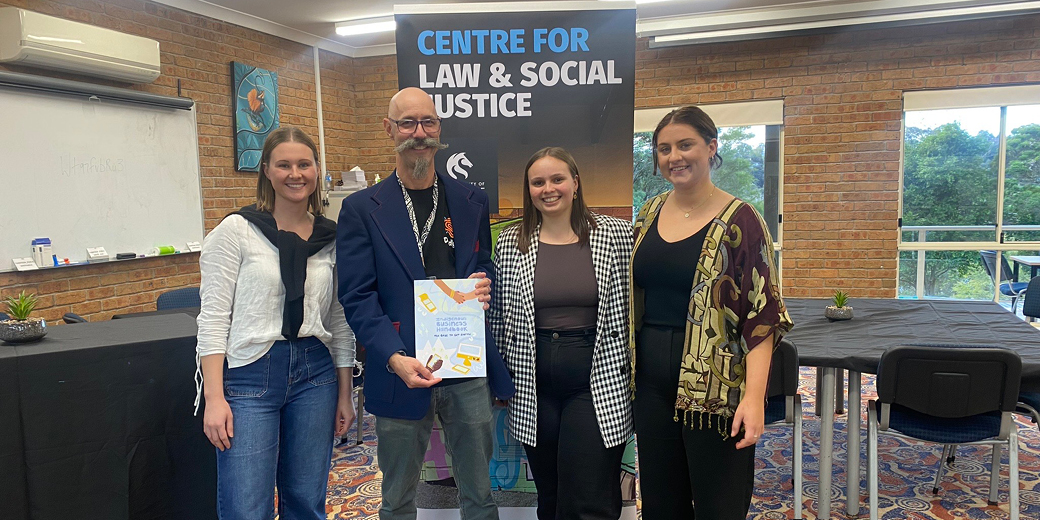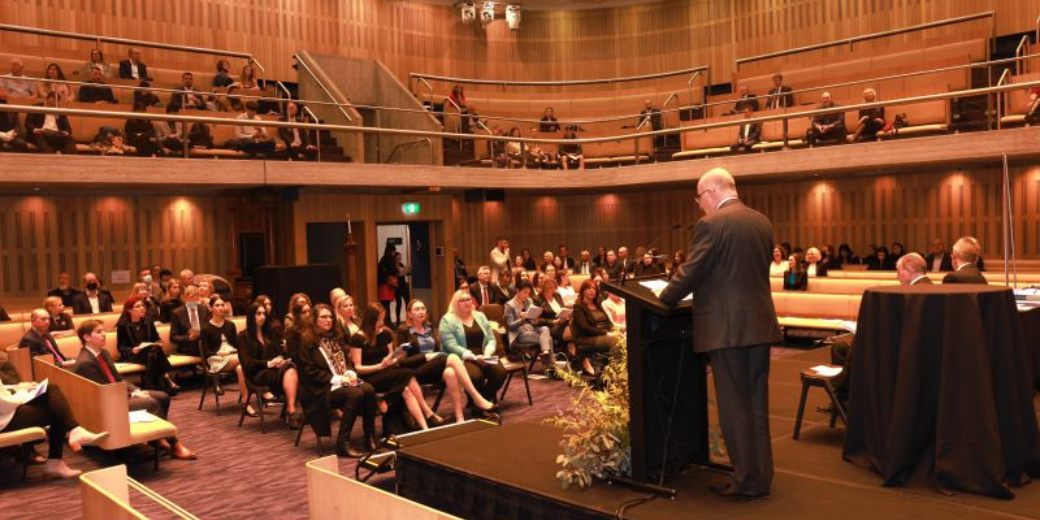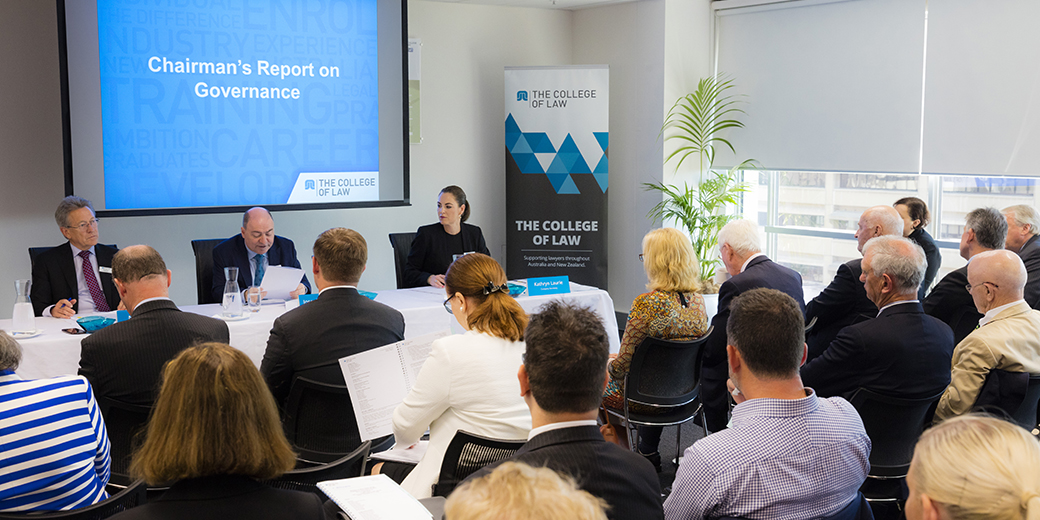Working in the UK is an exciting prospect for many lawyers but can seem daunting. Qualifying as a solicitor in England and Wales is now easier than ever, with the Solicitors Qualifying Examination (SQE) presenting an alternative to the often-restrictive Legal Practice Course route. Furthermore, Australia is now on the list of countries where qualified lawyers can apply for an exemption for the SQE2.
We joined Alice Payne, Head of Business Development and Marketing at The College of Legal Practice, to find out how the SQE works and how The College of Legal Practice can help you prepare to pass the SQE.
“Unlike the previous Legal Practice Course route, the SQE isn’t dependent on whether you can secure a training contract. This requirement previously meant your career was often not in your own hands,” Alice explains.
The College of Legal Practice is an accredited postgraduate law school based in the UK committed to increasing access to the solicitor profession in England and Wales. This includes preparation for the SQE, which can have a pass rate as low as 51 per cent. The SQE also replaces the foreign qualified lawyers transfer scheme.
What is the SQE?
Defined by the Solicitors Regulation Authority (SRA), SQE is comprised of four components:
- An undergraduate degree or equivalent
- Two SQE exams
- SQE1
- SQE2 - Two years of Qualifying Work Experience (QWE)
- Suitability Requirements
“The SQE is one set of centralised exams set by the SRA, collaborating with Kaplan to run the exams,” Alice says. “You can undertake most of the assessments anywhere in the world, except for the oral assessments in SQE2, which must currently be completed in the UK.”
Fees are payable to Kaplan for the exam itself, and to The College of Legal Practice for your preparation training.
SQE1 tests your legal knowledge of the law of England and Wales. Legal knowledge is tested across 13 practice areas, via multiple choice questions. This involves 10 hours of examination split over 2 days. Each day involves 2 exams that are 2.5 hours long.
SQE2 tests written and oral legal skills, alongside legal knowledge. “These exams look at skills you’ve got to become a Day One solicitor,” Alice explains.
What subjects are in the SQE?
“SQE1 covers 13 different practice areas, which are all mixed up in the exam. The exams require you to learn and understand different legal principles across all different areas at the same time. All exams are closed book,” Alice says.
“SQE2 tests you in a skill in the context of five of these practice areas. For example, you might do a client interview in the context of business law.”
Does my qualifying work experience (QWE) count?
This depends on whether your work experience exposes you to developing some of the competencies that the SRA has defined to become a solicitor.
“It’s very broadly defined. For example, if you do work experience advising clients in a law clinic, it’s likely this counts. Any kind of legal work experience, paid or not, could be QWE. Work experience does not need to come from one organisation. It can be in up to four organisations,” Alice says.
“You don’t need to start your qualifying work experience before you do your SQE, but you could have completed all your qualifying work experience before you take the SQE. Or you could take SQE1 then do your qualifying work experience then do your SQE2. It’s incredibly flexible. You can take it anywhere in the world.”
To get your QWE confirmed, you need someone with direct knowledge of your work who is also a solicitor or compliance officer registered with the SRA. If your supervisor isn’t a solicitor, you can ask a solicitor from inside or outside your organisation to confirm your work, with sufficient evidence and examples provided by yourself and your supervisor.
Visit the College's QWE Hub for more details.
What if I’m a foreign registered / qualified lawyer?
“If you are a qualified lawyer in any jurisdiction, this means you don’t need to complete your two-years qualifying work experience,” Alice explains. “You only need to complete SQE1 and SQE2.”
And if you are a qualified solicitor or barrister in Australia or New Zealand, you can apply for an individual exemption from SQE2, as long as you have at least two-years' legal work experience gained either as part of your qualification or after it (or a combination of these).
Read about the SRA's guidance on exemptions.
What does SQE1 assessment involve?
SQE1 involves 360 multiple choice questions, with c. 100 seconds to answer each question.
SQE1 is run by Kaplan every six months in January and July.
“Often all answers are plausible in each multiple-choice question,” Alice shares. “You’re being assessed on the best possible answer. It focuses on legal principles, so you don’t require statutory references. It is a closed book exam. We provide a manual with all the legal knowledge you need plus 2000+ practice questions.”
What does The College of Legal Practice online SQE1 Prep Course involve?
While you don’t need to undertake a prep course to undertake SQE1 or SQE2, it is highly recommended as SQE1 in particular has a pass rate of 51%, and test attempts are limited to three.
The College of Legal Practice provides a series of full time and part time courses all fully online, so you can study from anywhere across the world. A part time course is highly recommended if you work full time as it is an intensive but flexible course. It is quite different to completing an undergraduate degree, for SQE1 you can study whenever you like across the week as long as you hit your weekly deadlines, though you must attend live supervision periods.
“It’s fully virtual. You have ‘Town Halls’ with your module leader to learn how to answer assessments and prepare for multiple choice questions. You also have a personal tutor and supervisor whom you’ll meet with regularly,” Alice says.
“If the law of England and Wales is new to you and you aren’t already a qualified lawyer, you can take the College's Graduate Diploma in Law full time (20 weeks) or part time (40 weeks) conversion course that give you the foundations of a UK undergraduate law degree that you need to know prior to preparing for SQE1. We can talk through options with you, as it really depends on your background and circumstances.”
What does the College of Legal Practice SQE2 Prep Course involve?
“You must pass SQE1 to start SQE2,” Alice advises. “It’s also a closed book exam. Written assessments are online. You’ll be asked to draft an email to a client, for example. Oral assessments are in person. You might be asked to go into a room and interview a client, then write up your interview notes.”
SQE2 runs more frequently than SQE1. SQE2 runs every three months, while SQE1 runs every six months.
“Our students report that College of Legal Practice’s assessments were very similar to SQE1 and SQE2 exams,” Alice says.
The College has an increasing number of international students due to the flexibility of the courses and focus on achieving weekly goals. International students’ fees are also the same as those for students based in the UK. There are some considerations for international students, particularly timezones and the limited opportunities to take SQE1 locally.
What should I consider when pursuing the SQE route?
- What is my current level of knowledge of the law in England and Wales
- How much time do you really have to study?
- How will you fund the SQE training and the exams?
- When and where are the assessments?
- What study leave do I need?
- Does my QWE contribute to the career I want?
Alice also suggests that you speak to your employer about committing to confirming your QWE early on in your work there, so you know that they are happy to sign it off at the end.
Why choose the College of Legal Practice to study the SQE?
According to Alice, 80% of their students would recommend the College of Legal Practice for SQE1 prep, while 85% were satisfied with the College’s personal supervision model, which is unique amongst training providers.
“You also receive student benefits including counselling support and wellbeing. Our course is completely virtual, flexible and competitively priced.”























![How to handle Direct Speech after Gan v Xie [2023] NSWCA 163](https://images4.cmp.optimizely.com/assets/Lawyer+Up+direct+speech+in+drafting+NSW+legislation+OCT232.jpg/Zz1hNDU4YzQyMjQzNzkxMWVmYjFlNGY2ODk3ZWMxNzE0Mw==)











































































